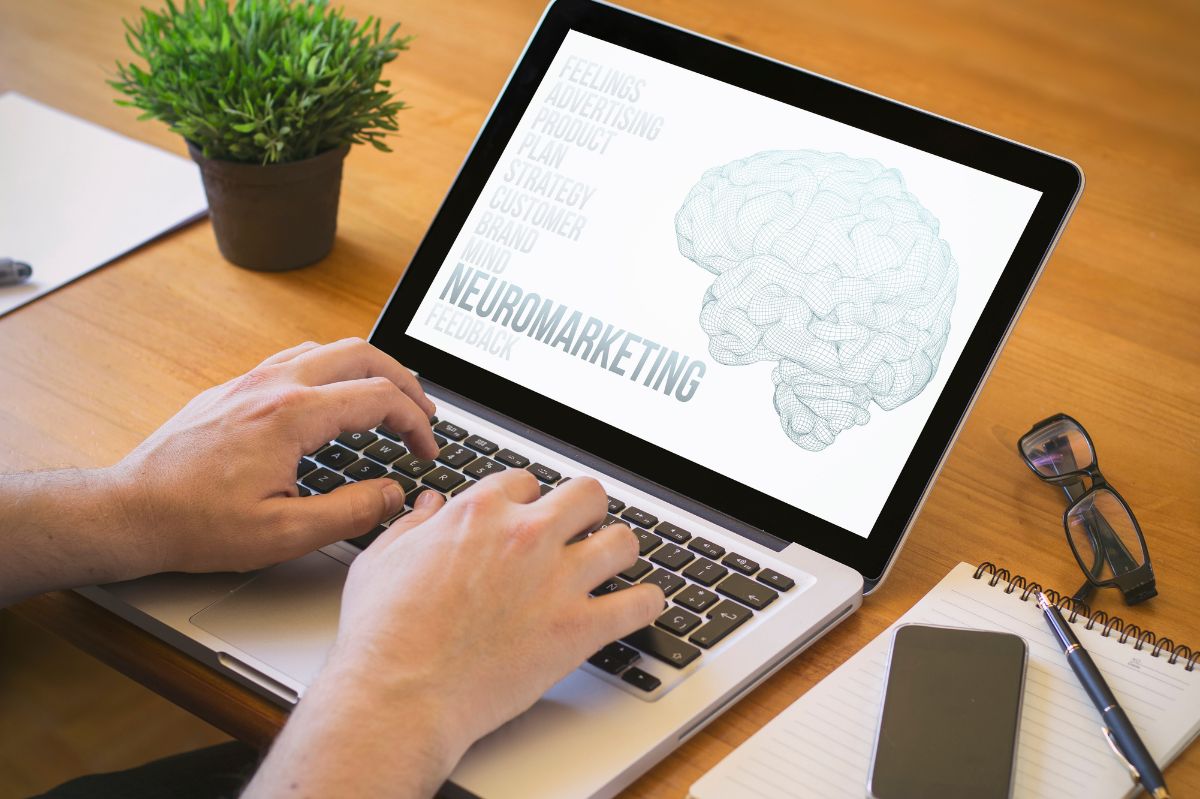Table of Contents
What do consumers really want?
Neuromarketing: It is the question that more and more companies are asking themselves in their increasingly pressing search for NEW marketing, which goes beyond the standard and which can distinguish them. The search for an effective response has opened the door to a world of studies and investments. And yet, although there are some exciting solutions, a backward mentality often applies in practice.
The book Neuromarketing (Torres) states, “One of the biggest mistakes of thinking by marketing managers is the idea that consumers base their purchases mainly on rational and logical motivations.”
But, as the text continues, the possible customers of a product are not robots, and “it has been demonstrated by Gerald Zaltman, a professor at the Harvard Business School, that only 5% of our thinking is fully rational, while 95% is completely unconscious”.
The brain
Without focusing on percentages and terms in an absolute way, it is still significant to remember that there is a world outside of our awareness that determines and influences our lives and choices, which has been studied and deepened. After all: the brain contains about one hundred billion nerve cells connected by perhaps even a quadrillion synapses (Super Brain, Chopra/Tanzi, Sperling&Kupfer, 2013): a marvel of nature.
How could we even assume that we have everything under control? Perhaps that 5% is even excessive but, without going into the depth of our most innate characteristics and potential here, in the light of what has been written so far, the question “What do consumers really want?” takes on an even more dense value of meaning, and it is clear that the answer requires complex skills.
NLP and neuromarketing
Disciplines such as business-oriented Neuro Linguistic Programming Neuro Marketing, and figures such as the Marketing Coach who integrates, through techniques and methodologies, their own skills in the sphere of the mind and the person to the world of companies and Communication present themselves as an innovative response to companies and marketers who have understood that the difference, in addition to the quality of their products, is the understanding of their target customers to an even greater extent than they know themselves, about the products offered.
If we think about it, marketing is a dialogue between minds. If, on the one hand, speaking of brand identity, we identify a whole series of actions put in place by the company for its image, which we can therefore define with the terms desired image (what the company chooses to share with the “public” which is based on how it wants to be seen) the picture, in a broader sense, is then the one perceived, the one that reaches the others and which must be evaluated based on the target (to whom are these “others” that interest us).
The role of emotions and creativity in marketing
A very significant phrase, presented in an article by R. Micciulla, goes like this: “Communication, marketing, and neuroscience are linked together by the common thread of emotions. ” As many marketing experts point out, we live in the attention economy, where the challenge is to capture and keep users’ attention long enough to get a message across (for example, from a lead generation perspective ). And here we join the circle:
Attention can be intercepted if accompanied by the right motivation, primarily by leveraging thoughts and emotions.
The potential and skills of disciplines such as those mentioned above can be recognized, make the game more interesting, and give the possibility to achieve even more ambitious results, distinguishing itself from the so-called standard marketing and allowing it to understand what consumers want. This is only possible if these aspects of the personal sphere are first deeply understood. Then every brand promotion activity will be done in an ever more refined way in a world of marketing and today’s Communication, overcrowded with messages perceived as noise, background noise. These aspects, combined with creative and content marketing skills, carried out highly professionally, are some of the main trump cards.
Also Read : Cyber Security: Current Scenarios And New Challenges







